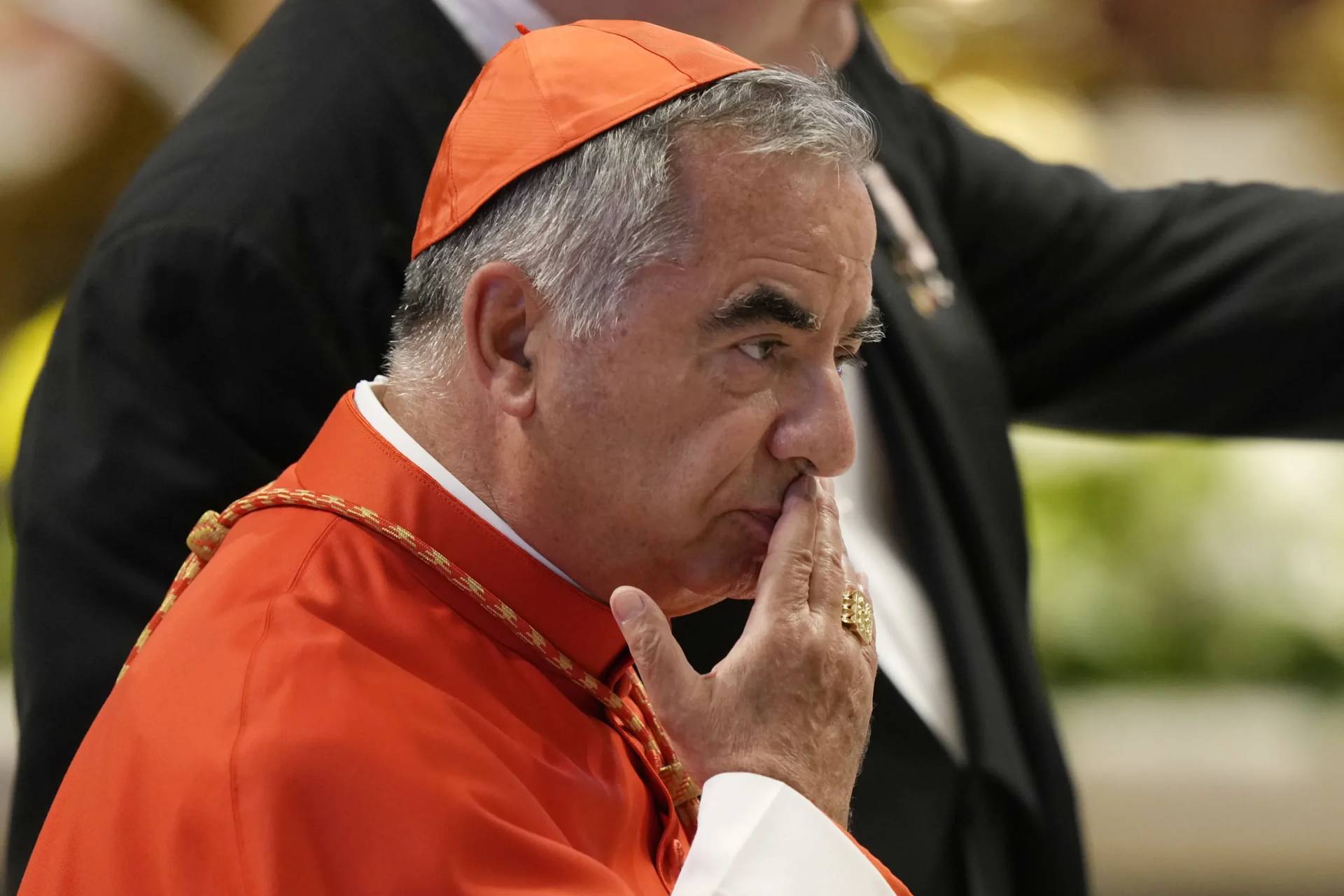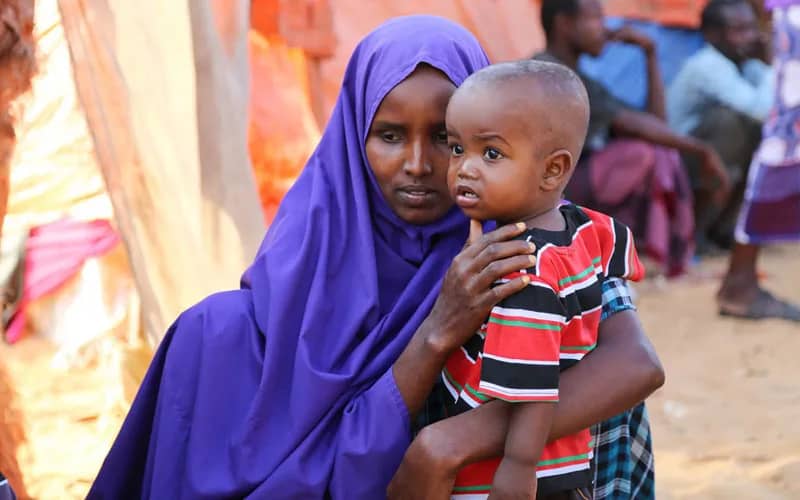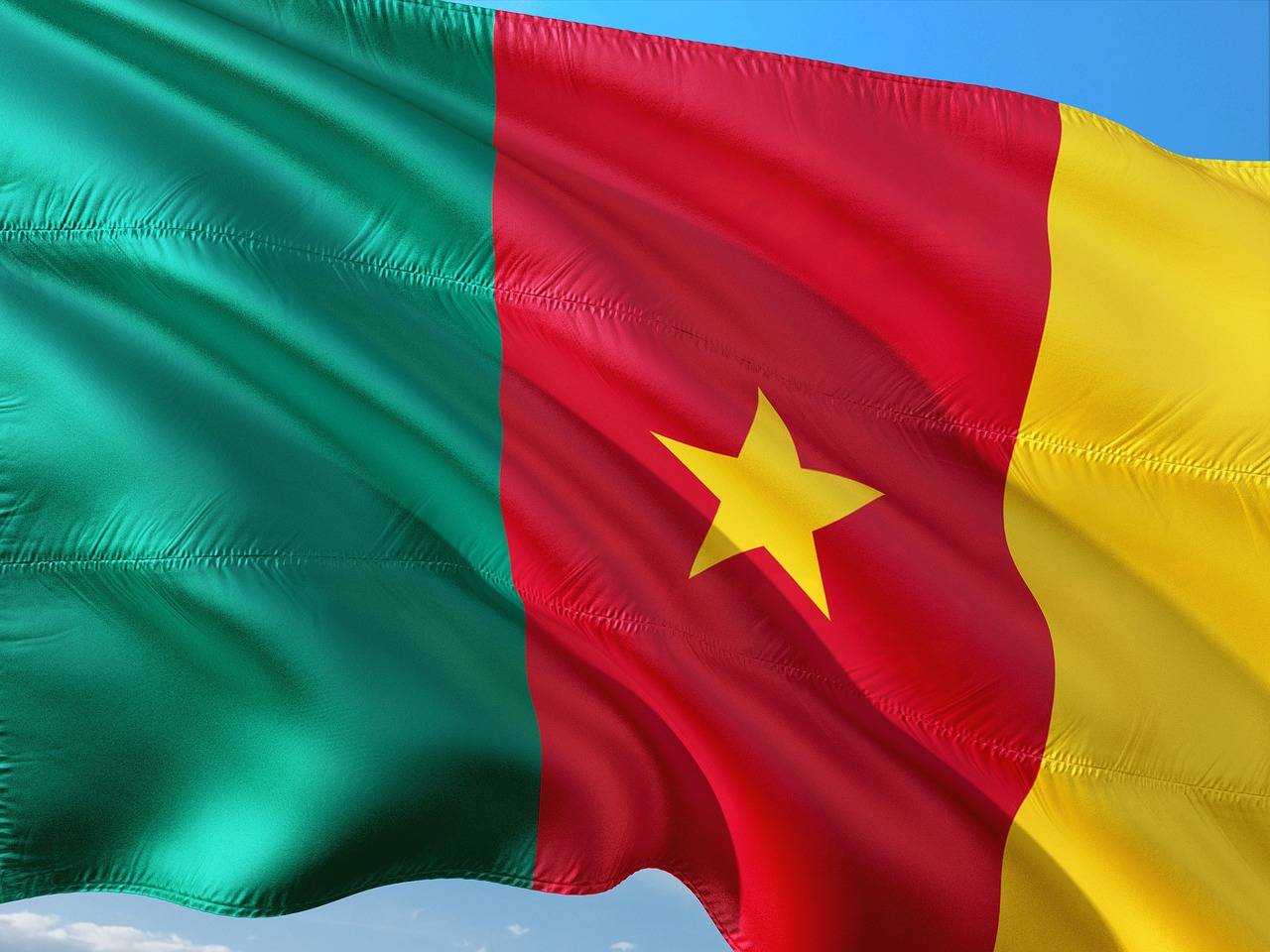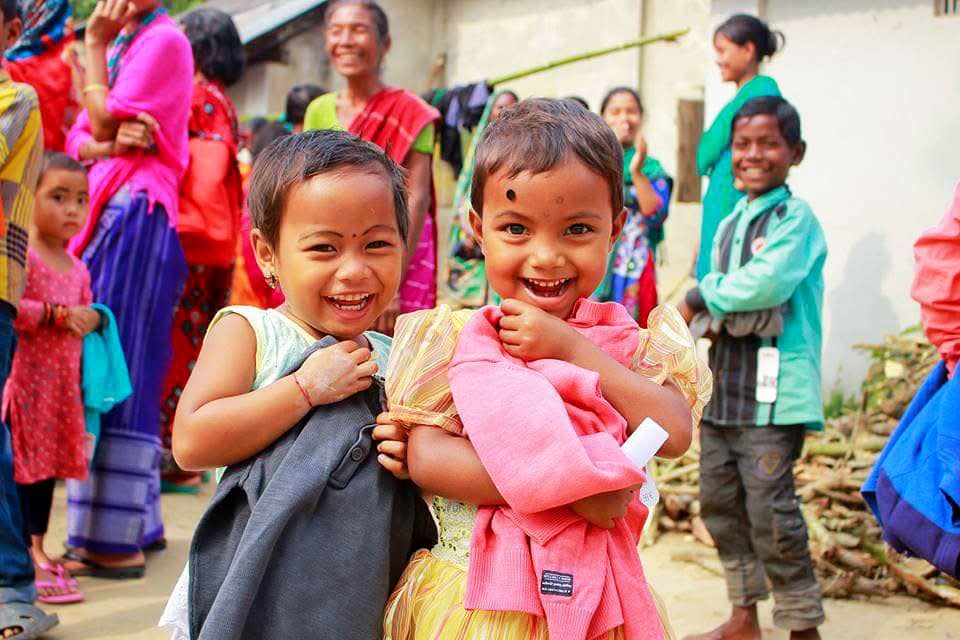YAOUNDÈ, Cameroon – Cameroon’s bishops are hoping this month’s Africa Cup of Nations (AFCON) soccer tournament will be “the advent of a new Cameroon that believes in peace, unity and fraternity.”
The 33rd edition of the tournament kicked off on Sunday, with the host nation defeating Burkina Faso 2-1 in Yaoundé, the capital. The competition brings together 24 national teams, and the final will take place on Feb. 6.
The tournament went ahead despite misgivings over the ongoing COVID-19 pandemic, as well as the two conflicts taking place in the country: The Anglophone Crisis in the west of the country and a Boko Haram insurgency in the north.
Despite this, the religious leaders of the country have supported the tournament.
During an inter-religious prayer session on Jan. 6 that lasted two hours, clerics from the Catholic, Protestant and Muslim faiths called on the sporting event as a means of driving unity in the country.

“For two hours, religious bodies invoked God’s spirit on AFCON and on Cameroon,” said Archbishop Jean Mbarga of Yaoundé.
“We can say with certainty that the coming of the AFCON is also the advent of a new Cameroon that believes in peace, unity and fraternity. That is already a first victory. We also prayed for the players, the competitors, so that it should be a real feast, where each player will demonstrate their talent and give us the joy of watching the art of football [soccer] so much loved by Cameroonians,” the prelate told Crux.
Describing this year’s event as “a jubilee year of football in Cameroon” – given that Cameroon last hosted the AFCON tournament 50 years ago in 1972 – the archbishop said he was hopeful that the sporting event will create a feeling of national fraternity.
“The football gathering is a very great moment of joy for all the people, without any distinction,” he said.
“We welcome everybody, and every Cameroonian will enjoy this great moment. That means that our hearts are united, so I can prophesy that the advent of AFCON will help our country to renew the unity, the fraternity and the solidarity,” Mbarga continued.

Bishop Michael Bibi of Buea, located in the English-speaking South West region, said he was “excited” about Cameroon hosting AFCON, and called on Cameroonians to treat visitors with courtesy.
“We are also praying that during this period, we should avoid any incidents that may not be proper, that may not reflect who we are and that everything should pass on and pass on very quietly without any incident,’ he said.
Presbyterian pastor Jean Libom Li Likeng noted that the “inter-religious prayer is a further demonstration of our oneness as a people.”
We came together-Muslims and Christians alike, and you saw people from diverse backgrounds, all saying the same thing: that God should bless Cameroon, that God should give us a future of peace and prosperity,” he said.
‘We have a central figure in the gospel, and that is Jesus Christ. Jesus is Love, Jesus is Peace, and Jesus is Truth. So we want all our people to relate to that gospel – the gospel of peace, the gospel of love, and the gospel of unity. So, we are appealing to all our citizens to really listen to the voice of the heart, the voice of conscience, to be brothers and sisters and to play together the game of Love and the game of hope,” said the Presbyterian leader.
The appeals for peace come in the wake of threats by separatists to disrupt the matches that will be played in Limbe in Cameroon’s South West region.
In a January 5 letter to teams that will be playing in Limbe, namely Tunisia, Mali, Mauritania and the Gambia, separatists said no matches should be played in what they considered as “a war zone.”
As a warning, the group detonated an improvised explosive device in Limbe.
Mbarga told Crux that he had just one message for separatists.
“We are all together, we are all brothers, and the AFCON will show that we are all brothers, friends, colleagues etc. …That means that anything cannot divide us. I hope that this time will be a time of renewal of the hearts, a time of solidarity. We should say no to the war, no to the violence, no to the disorder. It’s time for us to foster our living together,” the archbishop said.
“We need to look in the same direction in order to build what is best in us and this can only be possible if there is peace and harmony,” he said.












